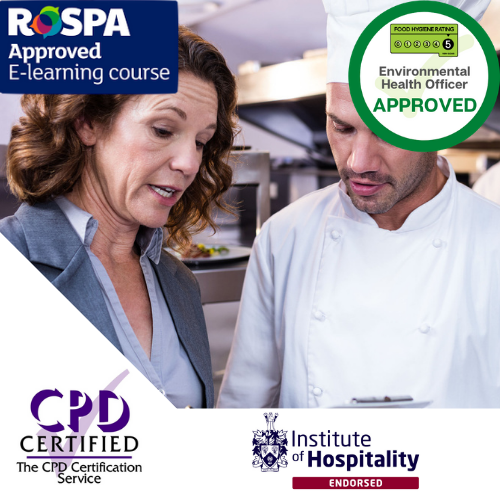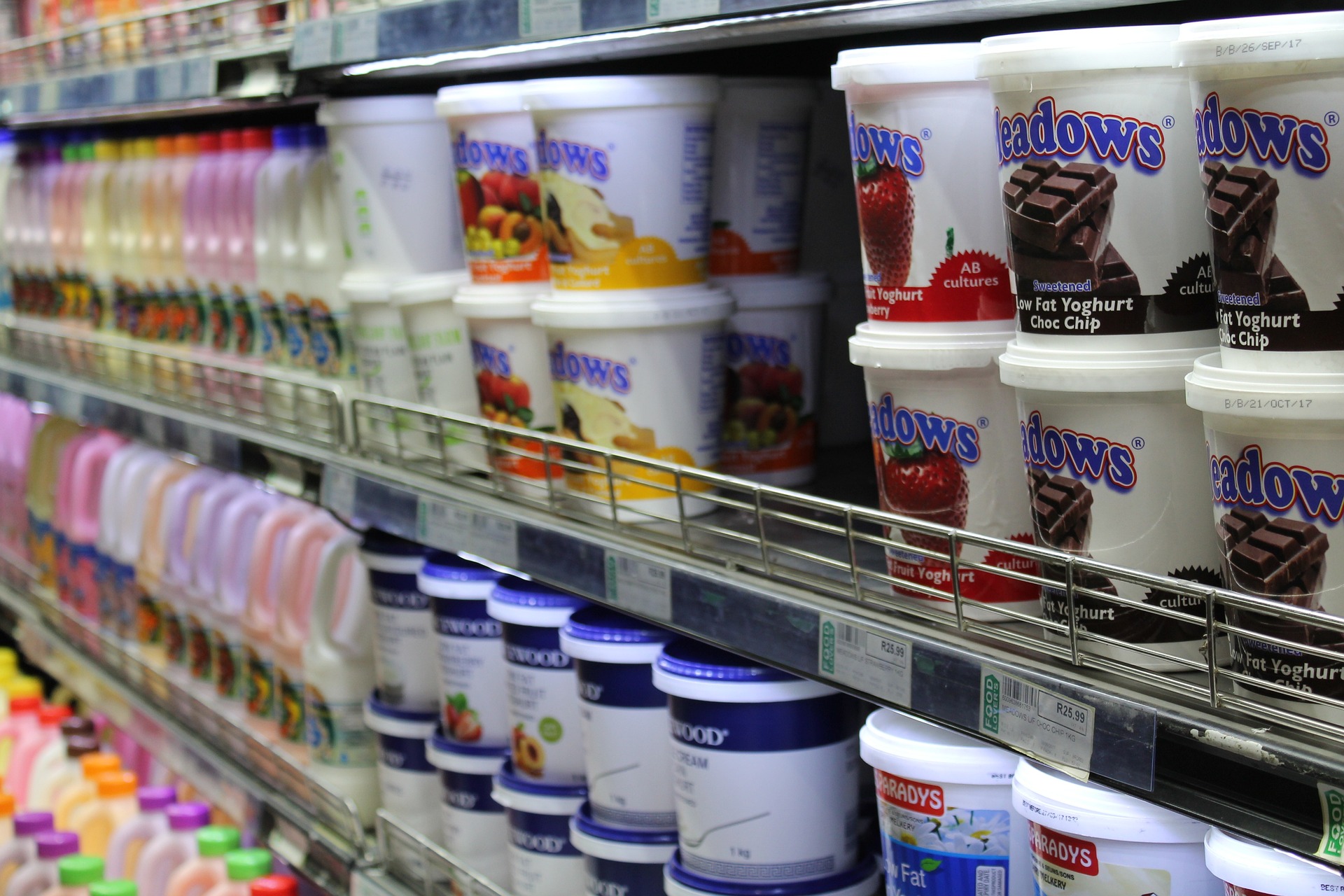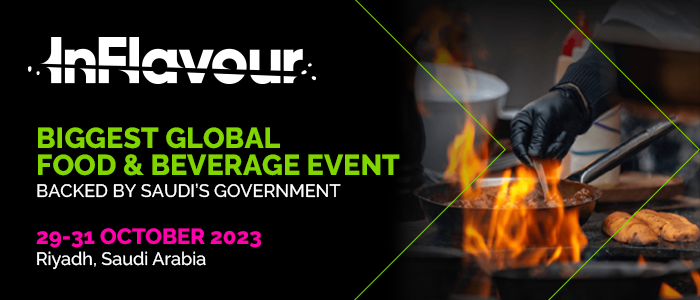A Food Handler Certificate is a document obtained after rigorous training by an individual who deals with Food. Therefore a Food Handler Certificate is obtained by a chef, mixer, packer, machine operator or cleaner in the food industry or a Restaurant. Thereby ensuring that food-handling employees are educated with Food Safety Guidelines and Practices of the concerned authority.
Handlers Certificate
As customers, we expect food prepared with the utmost care for food safety and hygiene. But as a food handler, do you hold the same standard for yourself? Are you equipped with the necessary knowledge and skills to ensure that food hygiene best practices are upheld?
A significant step in demonstrating to maintain food standards is to secure a food handler certificate. This certificate validates your knowledge of food safety regulations and practices, ensuring customer trust and safety.
Importance of a Food Handler Certificate
In today’s fast-paced world, customers prioritize not only delicious food but also its safety. Getting certified as a food handler provides proof that you’ve undergone standard training, can handle food safely, and are aware of critical safety measures.
Many food establishments mandate their food handlers to possess certification. Some states also legally require workers in the food industry to hold this certificate. It is mandatory to present the handler’s Certificate during a Government and FSMS Inspection.
Types of Food Handler Certificates
There are different types of food handler certificates, each reflecting a different level of training:
Basic Food Safety Certificate
This introduces foundational food safety principles.
- Basic training in Food Safety like PPE or handwashing techniques.
- Cross Contamination Principles to Avoid Food Spoilage.
- Basic Cleaning and Sanitizing techniques of cutlery, Utensils, Tables, equipment and Uniforms.
- Maintenance of Temperature in Food to Avoid Danger Zone.
Food Handler Training Certificate: This explores deeper into food safety.
Certified Food Manager Training Program
This is meant for individuals to manage food operations, especially Restaurant Managers.
How to pass Training?
Securing your food handler certificate is a systematic process of Training that follows four key steps:
- Choose a Certified Program
Research and choose a certified online or in-person program. Ensure the curriculum covers all aspects of food safety.
- Complete the Revolution
Attend classes, making sure you participate actively, take notes, and ask questions.
- Pass the Test
Take the certification test. Most programs have a multiple-choice format.
- Get Your Certificate
After passing, your certificate will be issued. You can then use this as proof of your qualifications.
Passing the food handler exam requires a thorough understanding of food safety principles. Here are some tips:
- Pay attention during your course.
- Take advantage of practice tests.
- Don’t skip any sections of the course.
- Get plenty of rest before the exam.
Renewing Your Certificate
Keep in mind that food handler certificates expire and need to be renewed. Keep tabs on your expiration date and make sure to retake the required training and pass the test to keep your certificate current.
Conclusion
Securing your food handler certificate is not just a regulatory requirement but a testament to your dedication to food safety. From choosing the right program to acing the exam and ensuring timely renewal of your certificate, every step in the process contributes to making you a more knowledgeable and reliable food handler – a benefit to your employer, your customers, and your career. Remember, a safe kitchen starts with you.
References












